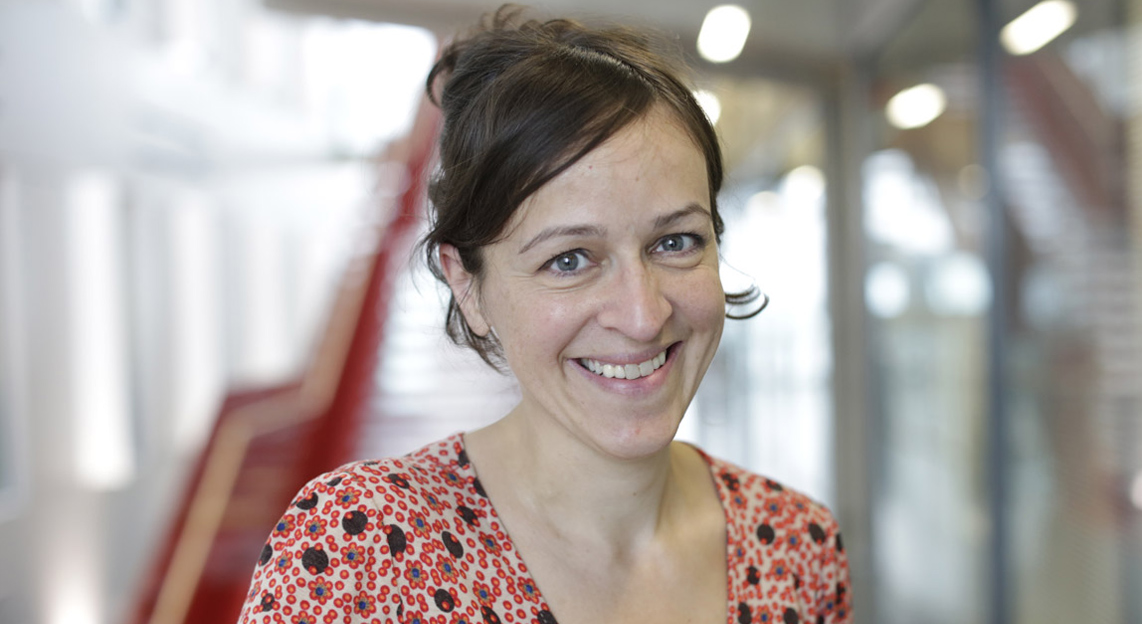Irene Miguel-Aliaga of the MRC London Institute of Medical Sciences (LMS) is interviewed in the latest issue of Current Biology.
By Staff Member
May 2, 2017
Time to read: 3 minutes
Irene Miguel-Aliaga of the MRC London Institute of Medical Sciences (LMS) is interviewed in the latest issue of Current Biology. Miguel-Aliaga discusses her collection of fly “poo memorabilia”, why a laboratory can be like a building site and how she nurtures difference to improve her science. Read an extract and link through to the article below.

As a little girl I was not fond of princesses. I preferred to star gaze, walk on wet grass, watch raindrops and draw different kinds of bugs — it all felt so exotic from the flat in urban Barcelona where I grew up. That girl turned into an easily bored bookworm who, having read Carl Sagan’s Cosmos, Gerald Durrell’s My Family and other Animals and Jane Goodall’s accounts of what it’s like to live with chimpanzees in Africa, wondered whether she might be able to turn her independence and scientific mind into some sort of adventure. As a teenager, I got a bit distracted by a saxophone and the discovery of other humans, so I guess it was Boris Vian and his two wonderful books L’Arrache-coeur and, particularly, L’Herbe Rouge, that revived my passion for science. He seamlessly combined science with humour, music, romanticism, politics and a taste for absurdity, making it part of an everyday adventure that suddenly seemed a lot less remote from my own existence.
I loved learning about biology, first at university but also well into my postdoc. But it was a time also plagued with self-doubt. Would I be smart enough? Would I have what it takes, whatever that might be? It took me a long time to realise that I was trying too hard to conform and be like everyone else, when I should have been nurturing what was different. Gaining that self-awareness and developing more confidence not only felt liberating, but it greatly improved my science thereafter.
It indulges my incurable and persistent curiosity. I am also a very visual person; I seem to derive joy from anything that looks beautiful or striking, and this includes the scientific images we generate. But I guess my main drive is that I just love questions — unexpected, logically structured questions. If they’re really good questions, I don’t even mind if they are not answered! I feel privileged to make a living out of asking them, and I am particularly pleased when, through the efforts of everyone in the lab, we manage to find unexpected answers to some of them. So I like surprises too… like most of us.
My science also seems to have turned out to be rather personal and visceral in more ways than one — perhaps this is why we work with guts. I first realised this soon after the birth of my two children as I was writing a paper about how physiology changes during reproduction. I think it was Polanyi who said that there is no science without passion and, in my case, my scientific output has been, at times, reflective of my personal passions and obsessions.
Continue reading here.